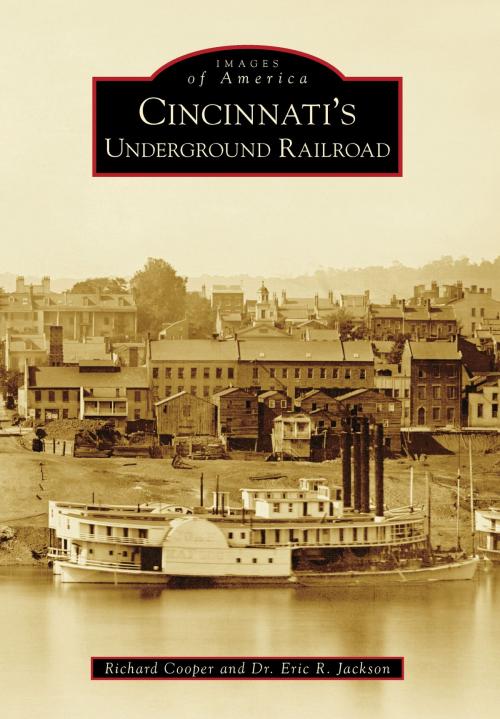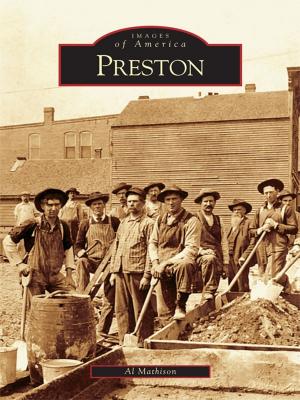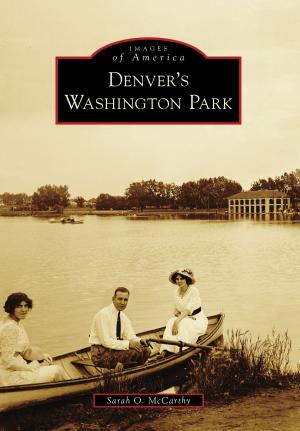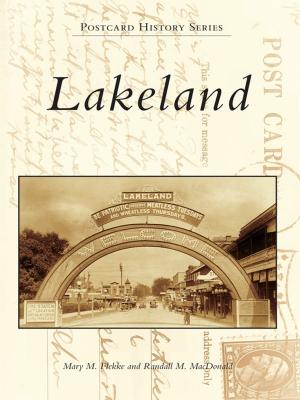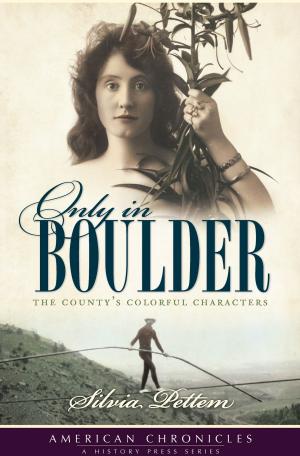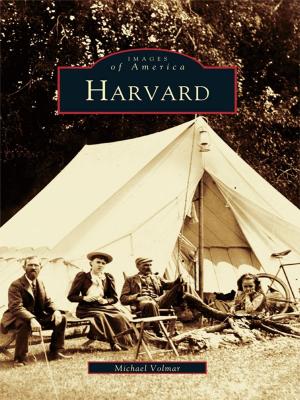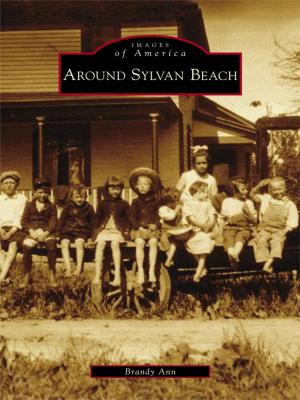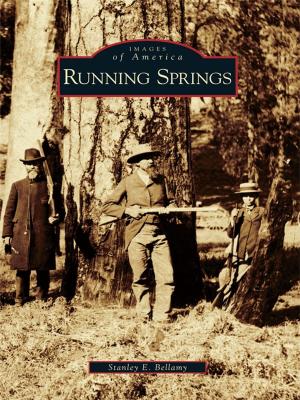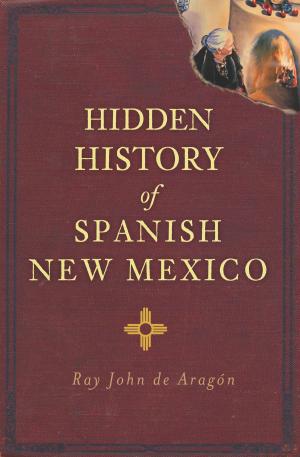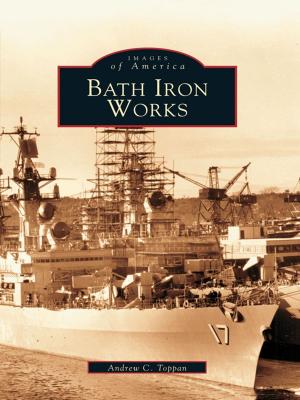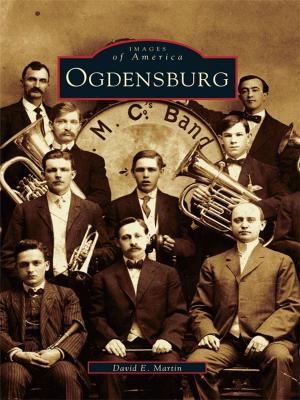Cincinnati's Underground Railroad
Nonfiction, Social & Cultural Studies, Social Science, Discrimination & Race Relations, Cultural Studies, African-American Studies, History, Americas, United States, Civil War Period (1850-1877)| Author: | Dr. Eric R. Jackson, Richard Cooper | ISBN: | 9781439644614 |
| Publisher: | Arcadia Publishing Inc. | Publication: | March 10, 2014 |
| Imprint: | Arcadia Publishing | Language: | English |
| Author: | Dr. Eric R. Jackson, Richard Cooper |
| ISBN: | 9781439644614 |
| Publisher: | Arcadia Publishing Inc. |
| Publication: | March 10, 2014 |
| Imprint: | Arcadia Publishing |
| Language: | English |
Nearly a century after the American Revolution, the waters of the Ohio River provided a real and complex barrier for the United States to navigate. While this waterway was a symbol of freedom and equality for thousands of enslaved black Americans who had escaped from the horrible institution of enslavement, the Ohio River was also used to transport thousands of slaves down the river to the Deep South. Due to Cincinnati�s location on the banks of the river, the city�s economy was tied to the slave society in the South. However, a special cadre of individuals became very active in the quest for freedom undertaken by African American fugitives on their journeys to the North. Thanks to spearheading by this group of Cincinnatian trailblazers, the �Queen City� became a primary destination on the Underground Railroad, the first multiethnic, multiracial, multiclass human-rights movement in the history of the United States.
Nearly a century after the American Revolution, the waters of the Ohio River provided a real and complex barrier for the United States to navigate. While this waterway was a symbol of freedom and equality for thousands of enslaved black Americans who had escaped from the horrible institution of enslavement, the Ohio River was also used to transport thousands of slaves down the river to the Deep South. Due to Cincinnati�s location on the banks of the river, the city�s economy was tied to the slave society in the South. However, a special cadre of individuals became very active in the quest for freedom undertaken by African American fugitives on their journeys to the North. Thanks to spearheading by this group of Cincinnatian trailblazers, the �Queen City� became a primary destination on the Underground Railroad, the first multiethnic, multiracial, multiclass human-rights movement in the history of the United States.
